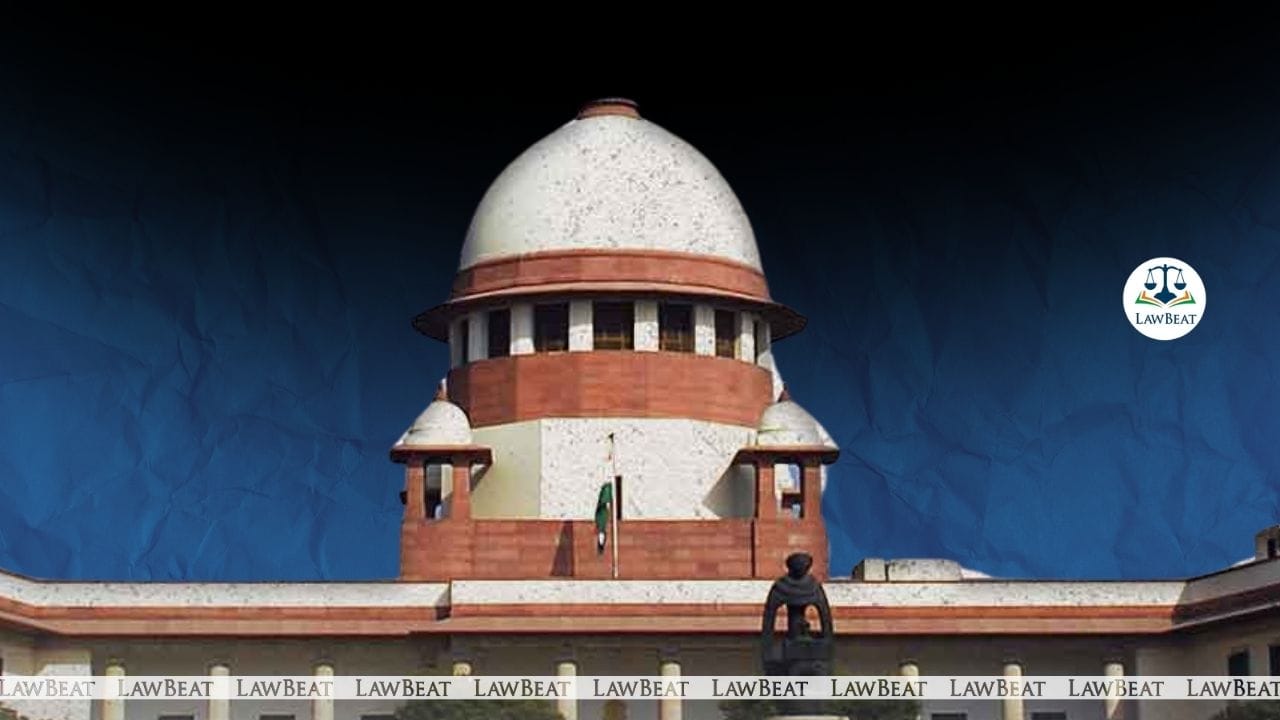'Heat of Passion Not Ruled Out': SC Alters Murder Conviction in 40-Year-Old Case

Court held that from the evidence, placed on record, it was difficult to come to a finding that the appellant had come with a premeditated mind to kill the deceased
The Supreme Court recently modified the conviction of a man from murder to culpable homicide not amounting to murder in a case involving the death of a BSc student—one of his friends—in 1985. The court observed that the possibility of the incident occurring in the heat of passion could not be ruled out.
A bench comprising Justices B R Gavai, Augustine George Masih, and K Vinod Chandran partially allowed the appeal of Ajai Kumar Chauhan, altering his conviction from an offence under Section 302 to Section 304 Part I of the IPC.
The court directed Chauhan’s immediate release, noting that he had already served eight and a half years in prison, which, with remission, amounted to over ten years. The bench held that the sentence served was sufficient to meet the ends of justice.
Examining the case, the court found that both the appellant and the deceased were young, around 20-21 years old, and were pursuing a BSc degree. Witness testimonies indicated that they shared a cordial relationship, with the deceased frequently seeking the appellant’s help in his studies.
"From the evidence, placed on record, it is difficult to come to a finding that the appellant had come with a premeditated mind to kill the deceased. The possibility of an altercation taking place between the appellant and the deceased for some reason and the appellant assaulting the deceased in the heat of passion on account of a sudden fight, cannot be ruled out," the bench said.
The appellant challenged the validity of the Allahabad High Court's judgment of May 3, 2018, which dismissed his appeal against the decision of the Additional Sessions Judge, Mainpuri of June 30, 1986, convicting him for the offence under Section 302 of the IPC and sentencing him to life imprisonment.
As per facts of the case, prosecution witnesses Pradeep, Desh Raj, and Amar along with deceased Rajeev were sitting on rooftop on March 19, 1985, for studying. At around 8.30 pm, the appellant called the deceased to come downstairs and stabbed him. As the victim cried for help, the witnesses rushed towards him, apprehended the appellant, and handed him over to the police. The deceased was taken for medical treatment but he succumbed to the injuries.
The trial judge as well as the division bench of the High Court concurrently relied on the evidence of three prosecution witnesses presented as eye witnesses to the incident, to hold the appellant guilty of murder.
The appellant's counsel claimed false implication arguing that the prosecution had failed to prove any motive for the incident.
The state counsel, however, contended that the motive behind the crime was clearly established. He argued that the appellant had a friendly relationship with a girl known to the deceased. According to the prosecution, the deceased had teased the girl, which angered the appellant, prompting him to assault the deceased.
The apex court noted that the evidence of all the three eye witnesses revealed that the appellant was said to have come to the house of the deceased. Thereafter, he called the deceased out, and when he came downstairs, the witnesses heard the cries of the deceased. The witnesses then came downstairs and saw that the appellant was assaulting the deceased. They caught hold of the appellant and handed him over to the police.
"It is thus clear that what has preceded the assault has not been witnessed by any of the witnesses. Insofar as the motive as recorded by the Trial Judge is concerned, from the evidence of the witnesses it is found that though some suggestions were given with regard to the said motive, the eye witnesses have denied the same," the bench pointed out.
The court thus opined that the prosecution had failed to bring the case within the meaning of Section 300 of the IPC.
"The possibility of the incident occurring in the spur of the moment and the appellant assaulting the deceased on account of sudden provocation, due to a sudden fight between them cannot be ruled out. We find that the appellant would be entitled to the benefit of Exception 4 of Section 300 of the IPC. As such, the conviction of the appellant under Part I of Section 304 IPC would meet the ends of justice," the bench said.
The court, accordingly, convicted the appellant of a less stringent offence and ordered his release after sentencing him to the period of jail served during the incarceration.
Case Title: Ajai Kumar Chauhan vs. the State of Uttar Pradesh
